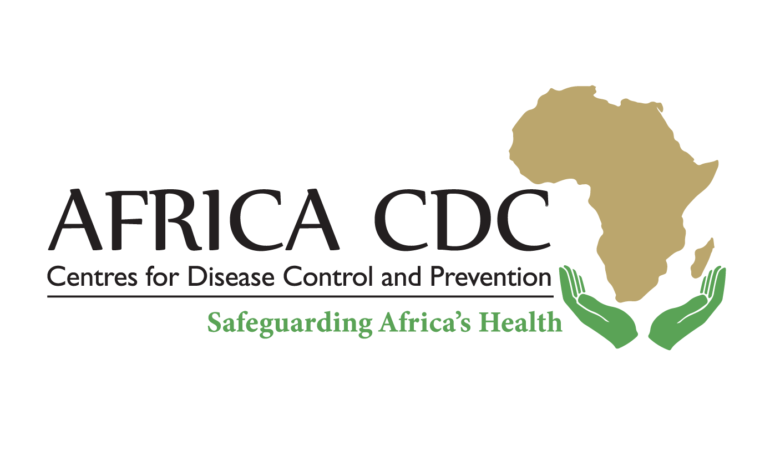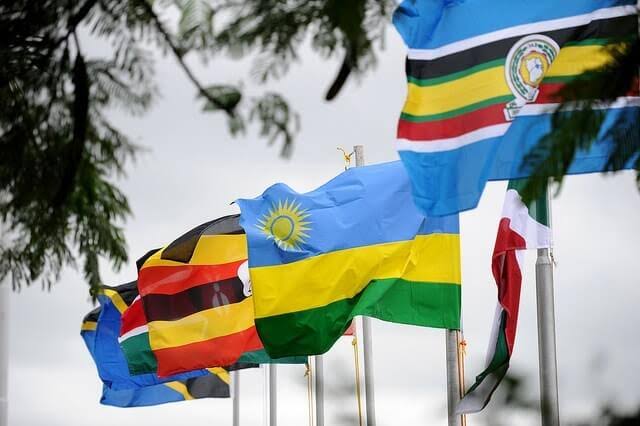
Faith Nyasuguta
For a week between June 26 and July 3, 2022, the East Africa Community Sexual and Reproductive Health Bill under consideration at the East Africa Legislative Assembly was out for public participation across 6 of the 7 EAC countries.
Africa Equity Media (AEM) spoke to Stephanie Musho, a Nairobi-based human rights lawyer leading the #PassEACSRHBill campaign to garner public support for the proposed law.
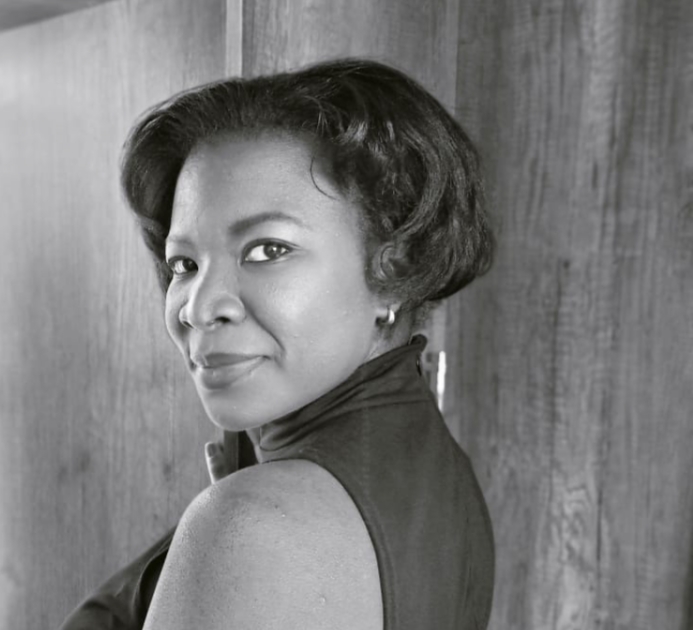
What is the East Africa Community Sexual and Reproductive Health Bill?
The EAC SRH Bill, 2021 is a Bill, sponsored by Hon. Kennedy Mukulia; a South Sudanese national representing South Sudan 🇸🇸 at the East Africa Legislative Assembly (EALA).
The proposed law seeks to protect and promote the sexual and reproductive health of all persons in the East Africa Community (EAC). Specifically, it seeks to provide age appropriate sexual and reproductive health information and services. Often, most people associate the term “age-appropriate” in the ambit of sexual and reproductive health and rights with adolescents. Nonetheless, it cuts across the divide; including provisions for elderly persons on issues of menopause and andropause.
The Bill also seeks to prevent newborn mortality, child mortality and maternal mortality. Additionally, to reduce and eliminate unsafe abortion, HIV and other STIs as well as early and unintended teenage pregnancies. In Kenya 🇰🇪 alone, 7 women die from complications arising from unsafe abortion.
Also, the Ministry of Health, Kenya, recently released a report stating that 98 girls contract HIV every single week. Worse still, is that in a 5-month period, the country reported over 45,000 teenage pregnancies in a 5-month period in the year 2022 alone. These harrowing statistics are more likely even higher as these are only reported cases. This proposed law seeks to end this scourge.
The Bill also seeks to prohibit and facilitate the elimination of harmful practices from the community. These include female genital mutilation, forced sterilization and forced marriage that are rampant across EAC countries. The Bill also addresses specifically the Sexual and Reproductive Health and Rights (SRHR) of persons with disability and elderly persons whose needs and rights are often overlooked and/or relegated on issues such as these.
The Bill is anchored on article 118 of the East Africa Community Treaty which speaks to the commitment by partner states to cooperate in health specifically in the advancement of reproductive health and rights. If passed, all partner states of the EAC will be required to integrate sexual and reproductive health in their efforts towards universal health coverage.
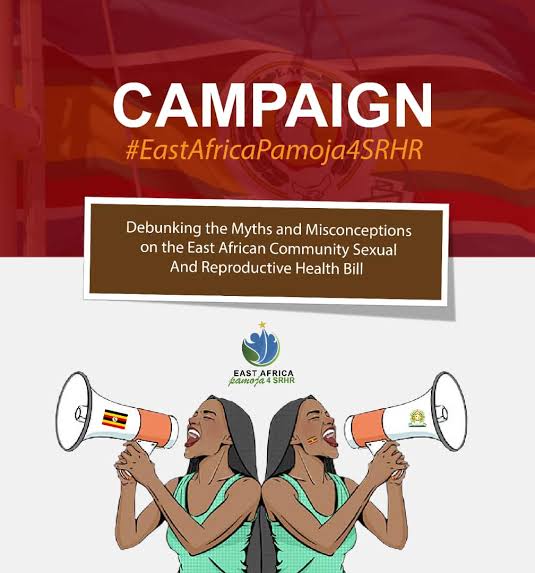
What is the significance of this Bill being championed at regional level?
The Bill provides a framework for accountability. Article 27 of the proposed law provides that EAC member states would have to submit reports every two years to the Secretary General of the EAC as to the status of implementation.
The Secretary General would then compile the reports from each state and table it to the legislative assembly. Partner states could sue each other at the East Africa Court of Justice (EACJ) if dissatisfied with their progress – or lack thereof.
Additionally, countries will be required to harmonize their national health policies and regulations, more so, on and sexual and reproductive health rights.
If we consider that 12 years since the promulgation of the Kenyan Constitution – the Kenyan Parliament has failed twice (in 2014 and in 2019) to enact statute law that gives effect to constitutional provisions that protect our sexual and reproductive health and right. Because countries in EAC including Kenya selectively adhere to the rule of law, this Bill seeks to dismantle impunity and work towards accountability in securing our sexual and reproductive health and rights.
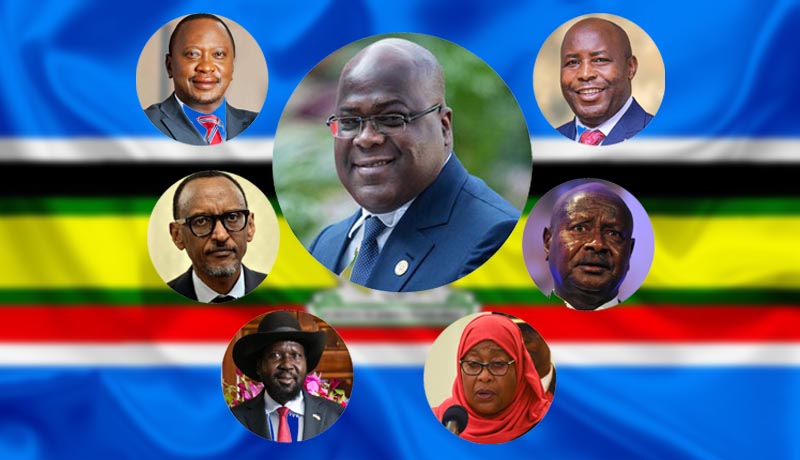
What then are the controversies around the Bill in Kenya?
The opposition claims that the Bill promotes demand for abortion. This however could not be farther from the truth. The clause on safe abortion is in alignment with the Constitution of Kenya. Article 26 (4) provides for three instances where abortion is permitted i.e., if in the opinion of a trained health professional, there is need for emergency treatment, or the life or health of the mother is in danger, or if permitted by any other written law.
Additionally, recently the High Court sitting in Malindi in Constitutional Petition E009 of 2020, strongly affirmed that abortion care is a fundamental right under the Constitution of Kenya and outlawed arbitrary arrests and prosecution of patients and healthcare providers for seeking or offering such services. Therefore, this Bill is in alignment to the legal position of safe abortion in the country.
Additionally, critics say that giving adolescents contraceptives and providing comprehensive sexuality education will make them promiscuous. In reality, adolescents are having sex – and a lot of it at that. We must therefore apply reasoning as we consider morality – and stop endangering lives under the guise of religion. It is important that adolescents have the correct information so that they can make responsible choices that do not jeopardize their futures with preventable uninformed choices.
There is also the issue of assisted reproduction, with critics saying it is un-African to do so. However, history tells us that many African nations across the continent had practices that are a kin to assisted reproduction, where for example a barren woman would marry another woman to have sexual relations with her husband and sire children on her behalf. There is nothing un-African about assisted reproduction. It is necessary that it operates legally and ethically.
Who are the main opponents?
The Catholic church and western funded organizations led by CitizenGo who are negating the gains made towards these rights. It could also be argued that Dr. Stephen Kaliti, the Head of the Maternal and Reproductive Health Division in the Ministry of Health in Kenya – who in his position is meant to protect and not cause harm – is an opponent as he continues to frustrate efforts toward enacting policies that align with the law towards securing these rights for men and women, boy and girls – and intersex persons.
Just recently, he wrongfully stated that anyone giving adolescents contraception would result in a 20-year jail term. This is not the true position of the law and by making this pronouncement he misled Kenyans – service providers and adolescents were therefore hesitant to provide and seek life altering sexual and reproductive health services.
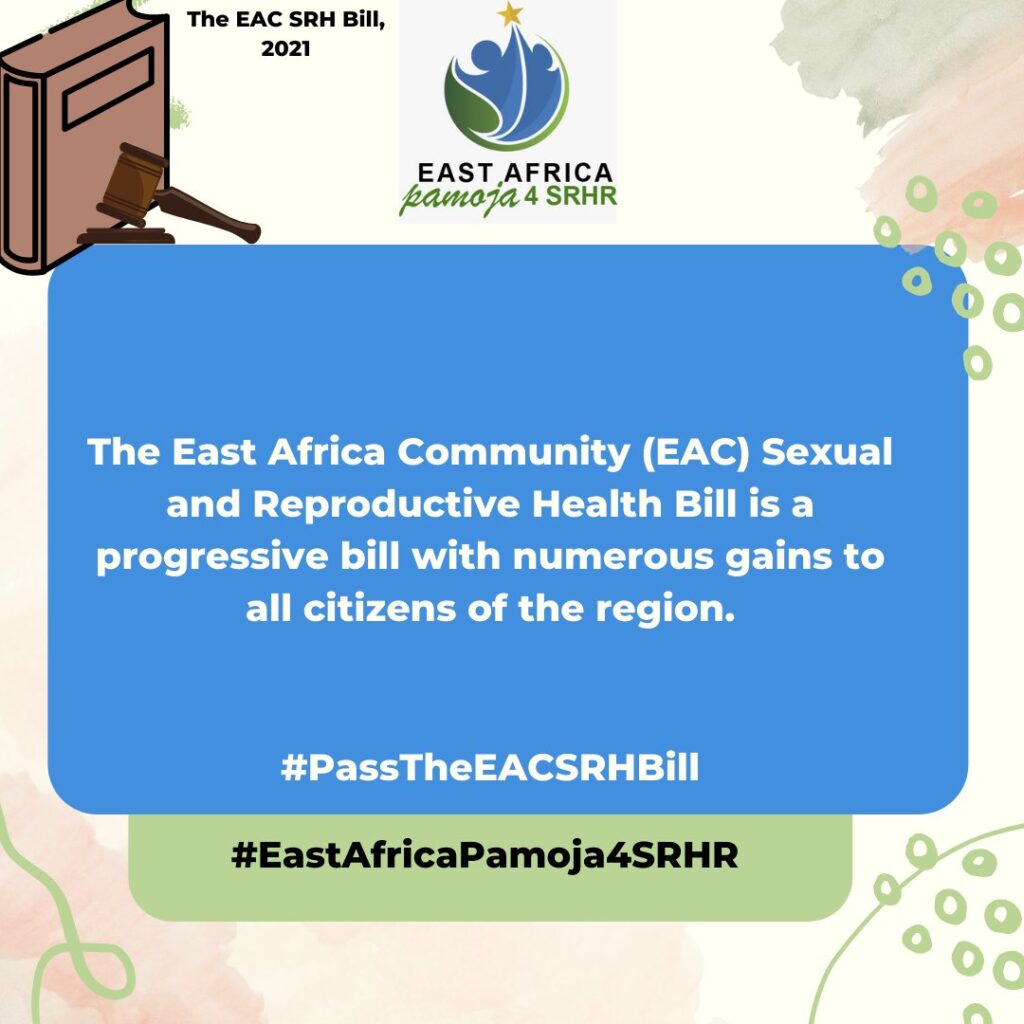
Do you think the Bill will pass?
Yes. I remain hopeful that as a people we will seek out information and refuse to be misled by western funded organizations such as CitizenGo – who advance their own agenda at the expense of our health and lives. We must secure our rights without foreign interference.
Stephanie Musho is a human rights lawyer, a PhD Student and an Aspen New Voices Senior Fellow. Twitter @SteffMusho



